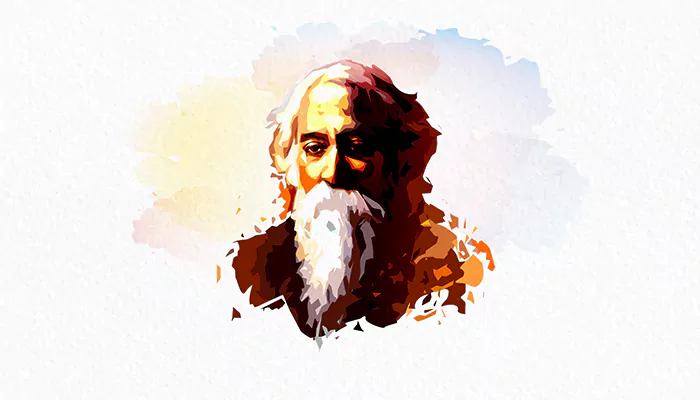Renowned Nobel Laureate W. B. Yeats and few of his famous poems

B. Yeats is known to be the connection between romantic and modern poetry. He was from a poverty-ridden background because of his father's mismanagement. In his career, he was influenced by so many great personalities like George Russell who grew his interest in mysticism, John O'Leary and William Morris, for whom he became interested in cultural nationalism. He was also passionate about painting, magic, mysticism and had a great involvement in the Irish Nationalist movement. He was hugely acknowledged for his poetry. His poetic career was divided into three parts – in the first phase, the poems have romantic elements, and they deal with aestheticism. The second phase is called the transitional phase in which Yeats dealt with early modernist complexities. In the final phase, modernism was explicitly shown in his poetry. It became highly complex with mythical symbolism. In this article we are going to discuss some of his important poems which marked him one of the greatest poets of modernism. So, let’s get into them one by one –
The Second Coming, a great visionary and prophetic poem
Yeats wrote this poem when he was already an established poet and esoteric philosopher. This poem indicates the rise of the fascism which will create chaos in the form of the second world war. Yeats believed that everything must go through the transformation which indicates that he believed in spiritual transformation which happens from time to time. According to his belief, with the problem the solution also arises. In this 22- line poem, written in free verse, the poet talks about a beast which is visualized as sphinx. He is also hopeful that a new civilization is born after the appearance of that beast.
Sailing to Byzantium, a different portrayal of the young and the old
This poem was written when Yeats was in his early sixties, therefore it showcases the feeling of inferiority of a person when he attains old age. This poem parallelly highlighted the world of youth and old where elderly people are neglected from society. He used different types of similes to describe the situation of older ones, for example, the speaker who has come to an old age feels as useless as the coat hung up on the stick. Overall, the poem deals with the question of old age and mortality. Finally, it talks about the strength to overcome despair and to reach a state of deep satisfaction.
We would like to end the discussion with some of his words from the poem –
“But such a form as Grecian goldsmiths make
Of hammered gold and gold enameling
To keep a drowsy Emperor awake;
Or set upon a golden bough to sing
To lords and ladies of Byzantium
Of what is past, or passing, or to come.”











